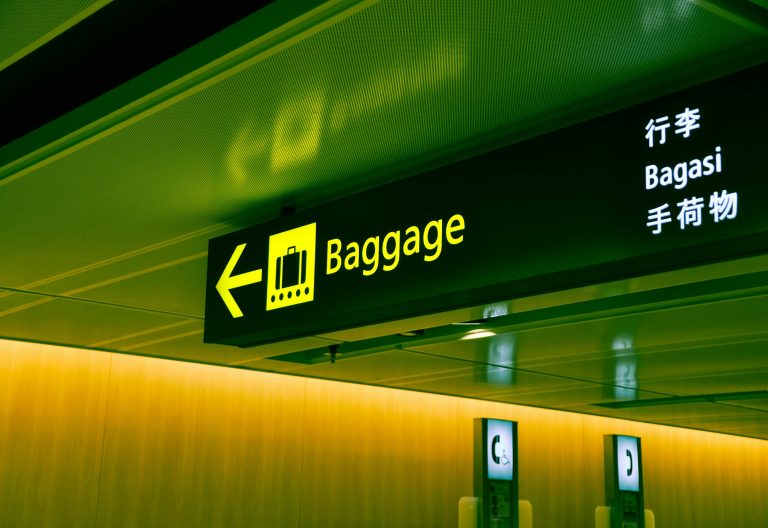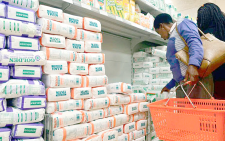Shilling weak despite forex spread drop

The shilling exchange rate against the dollar is getting worse despite a drop in forex spreads.
The shilling was trading at a record low of Sh136 against the dollar compared to Sh133 last month according to official Central Bank of Kenya data.
“The shilling remained relatively stable against major international and regional currencies during the week ending April 27. It exchanged at Sh135.83 per US dollar on April 27, compared to Sh135.19 per US dollar on April 20,” CBK said in its latest bulletin.
Bad news for importers
This is bad news for importers of foreign goods, who are now paying exorbitant prices, and for local businesses that rely on imported goods for their operations.
The weakening of the Kenya shilling has been attributed to a number of factors, including the high debt service bill, widening trade deficit and declining investor confidence.
However data from forex bureaus shows that forex spreads are reducing meaning the market may be on its way to normalcy in the foreseeable future.
Cytonn CEO Edwin Dande notes that whatever William Ruto and the Central Bank of Kenya did on dollar interbank “worked like magic on forex spreads, which have declined 66 per cent from 6 to now 2”. This means consumers are 66 per cent better off when dealing in the dollar.”
“However, it’s had no effect on exchange rate as the shilling has continued to depreciate. But wondering, did we have to wait for forex hell to break lose before stimulating interbank?,” Dande said.
Scaling down business
Many businesses such as those dealing in electronics, apparels, equipment and machinery are now struggling to keep up with the high cost of imports, and some have had to scale back their operations or close down altogether.
Kenya’s trade deficit has been growing over the years, with imports far outpacing exports. This has put pressure on the country’s foreign exchange reserves, which are used to support the shilling.
The declining investor confidence has been fuelled by concerns over the country’s political stability, as well as the government’s fiscal policies.
Despite the recovery in the country’s tourism sector, which is a major source of foreign exchange, the currency appears to be stuck in the mud.












